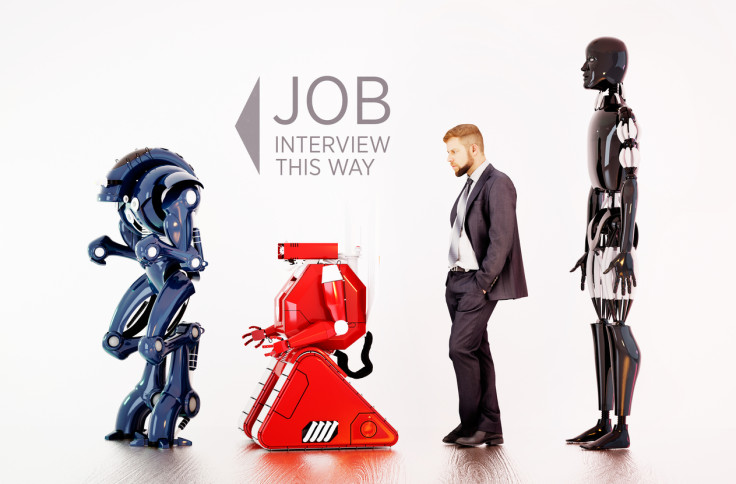'Embrace an Android': Robots will not take your jobs, Labour's Tom Watson claims
Economic slowdown in the UK caused by government policy and not automation, study finds.

Labour's deputy leader Tom Watson, who is to deliver the final report of the Future of Work Commission, wants people to not fear the "march of the robots". Automation, he will declare, will not cause mass unemployment as people tend to fear. He thinks that people should welcome the mix of robots in the workplace.
He claims that if targeted sensibly, government investment in the upcoming technological revolution will only help reverse the UK's economic decline, reports the Guardian. He believes it is possible to create as many jobs as automation will eventually take over.
"Much has been written about the impact of technological change and the dystopian future we could all face as a result of the rise of the robots.
"It can sometimes feel like we are preparing for a world in which artificial intelligence, algorithms and automation, rather than human endeavour and hard work, will shape every aspect of our society and our economy. That sounds like a frightening prospect. But it needn't be," Watson will say.
By allowing machines to take on routine tasks in future, humans can concentrate on jobs and activities that generate bigger economic benefits, he will argue.
He wants people to "embrace an Android", as "robots will set us free".
The study also points out that to adapt to the fast-changing workplace of the future, people's skills will have to be upgraded. The commission brought together Nobel prize-winning economist Sir Christopher Pissarides along with noted scholars from Harvard University, Michael Sandel, and Michael Osborne, from Oxford University.
It was found that the reason for the UK's economic slowdown, low productivity, inequality, and falling wages has more to do with improper governance and public policy than automation. "Mass technological unemployment is highly unlikely," according to the report.
There is also a call to close the gap between highly skilled labour and those in low-skill jobs because investing in skills will be necessary in the near future. One of the committee's recommendations is to include artificial intelligence in the curriculum at the school level itself. A lifelong, universal, future skills programme that gets updated as when the market and its demands change has been advocated. This could help people stay in the highly skilled zone throughout their lives.
Helen Mountfield QC, who co-chaired the commission, said: "Advances in robotics and artificial intelligence don't need to spell the end of work. But we cannot sit passively by letting technological change just happen.
"We need to decide what sort of future we want and make policy choices, design education and introduce a legal architecture to shape a future of good work which benefits everyone, in which the rewards of innovation are fairly shared."
An earlier study claimed that at least one-fifth of new jobs across Britain will fall prey to robots and that this number will go up to 40% in some parts. Price Waterhouse Coopers also estimated that more than 10 million workers were at a high risk of being replaced.





















